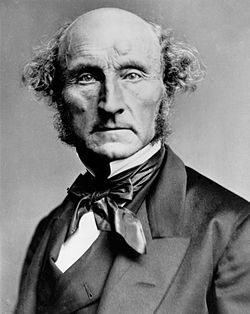Overview

The Rector is elected every three years by the matriculated students of the university. [1] [2] The current office of Rector, sometimes termed Lord Rector, was instituted by the Universities (Scotland) Act 1858, passed by the Parliament of the United Kingdom. The Universities (Scotland) Acts regulate the governance of the ancient universities of Scotland, and require the election of a Rector for the universities of Aberdeen, Edinburgh, Glasgow, and St Andrews. [3] The newer University of Dundee also elects a Rector due to its historical ties to St Andrews, whereas other modern universities do not. [2]
Since 1970 the Rector has appointed a student as Rector's Assessor, who is a full voting member of the University Court, and also serves as a member of the students' representative council. In October 2025 Rector Stella Maris appointed former Students' Association Director of Education (2023/24) and President (2024/25) Cam Brown as their Rector's Assessor for the 2025/26 Academic Year. [4] [5]
